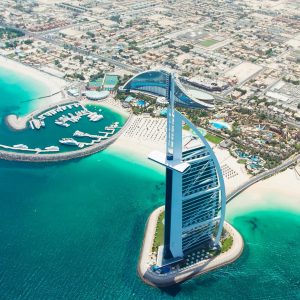Choose a Subject
“Geography underpins a lifelong conversation about the earth as the home of humankind” Geographical Association
Geography at Parkside is engaging and current. The skills developed allow our pupils to become more articulate, knowledgeable and analytical about the world they live in. We encourage our pupils to appreciate the unique relationship between the human and physical worlds. We hope to push our pupils’ horizons, so that they can engage with parts of the world they have never known or experienced, building their knowledge so they can begin to understand just how layered and complex our planet is.
Our curriculum builds upon pupil’s prior learning and gives opportunities for them to develop their own inquisitiveness. By harnessing and responding to key global issues, we instil a thirst for knowledge in understanding a variety of perspectives, respecting different cultures and the wonderful and diverse world we live on.
Parkside’s Geography curriculum is a totally bespoke plan written for the school. It is underpinned by the National Curriculum requirements and then tailored to our local area and current world affairs. The curriculum makes links to local projects such as the HS2 and includes cases studies which are current and engaging; we adapt the curriculum in response to significant world events such as natural disasters, wars and other events that are leading in the news.
The key areas of focus are:
Geographical Skills and Fieldwork:
Use of a variety of maps, globes, and different cartographic skills. Opportunities for learning outside of the classroom
Locational Knowledge:
Learning about where places are in the world, countries, cities, oceans, physical and human features.
Place Knowledge:
A more in-depth study of a particular place or country.
Human & Physical Geography:
An exploration of our natural world and how humans interact with it, including trade, development, and settlements.
Choose a Year Group
Year 5
Autumn
Biomes: Discovering different biomes including temperate forests, temperate grasslands, marine and freshwater.
Counties and Cities: Looking at our local counties Worcestershire, Warwickshire, Gloucestershire, and Herefordshire and then exploring the capital cities of the United Kingdom.
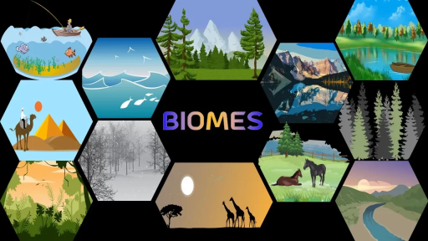
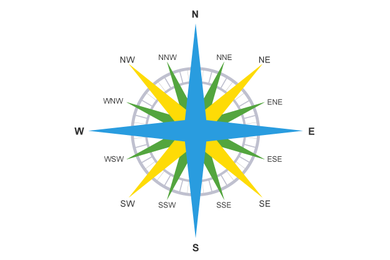
Spring
Where do we live? Explore the local area we live in using our mapping skills.
Summer
Greece: Looking at a route through Europe to get to Greece and then discovering everything that this country has to offer.

Year 6
Autumn
North American Adventure: Discover some countries and human and physical features in this vast continent
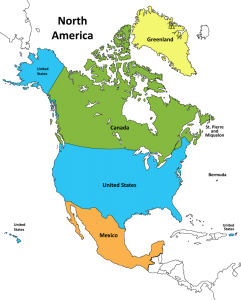
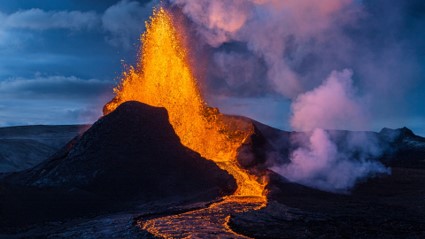
Spring
Mountains & Natural Disasters: Discovering the worlds mountain ranges and tallest mountains as well as all things volcano and earthquakes.
Summer
HS2: Exploring the reasons behind the new HS2, its location and the pros and cons surrounding this development.
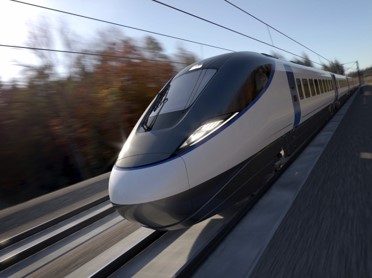
Year 7
Autumn
Climate Change: Looking at the human and natural reasons behind rising temperature and exploring local, national, and international ways to mitigate this rise.
Weather & Extreme Weather: Exploring weather fronts, cloud formations and the extreme weathers found worldwide
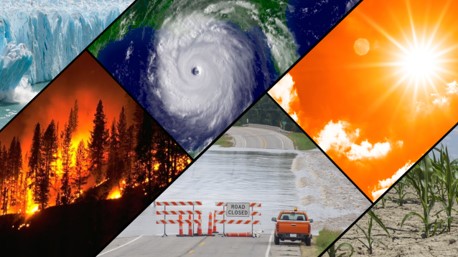
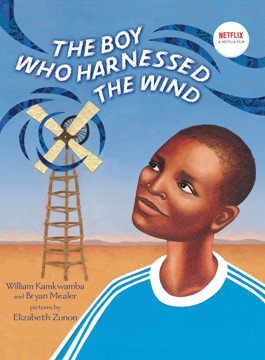
Spring
Malawi & Africa: Using the book ‘The Boy Who Harnessed the Wind’ we explore the education, biome and energy systems in Malawi compared to the UK and then explore the wider human and physical features of the continent of Africa.
Summer
Russia: Exploring this diverse country of Russia, including the vast culture and geo-politics that have dogged this country.
Coastal Features: Exploring the coast and erosional and depositional landforms discovered here.
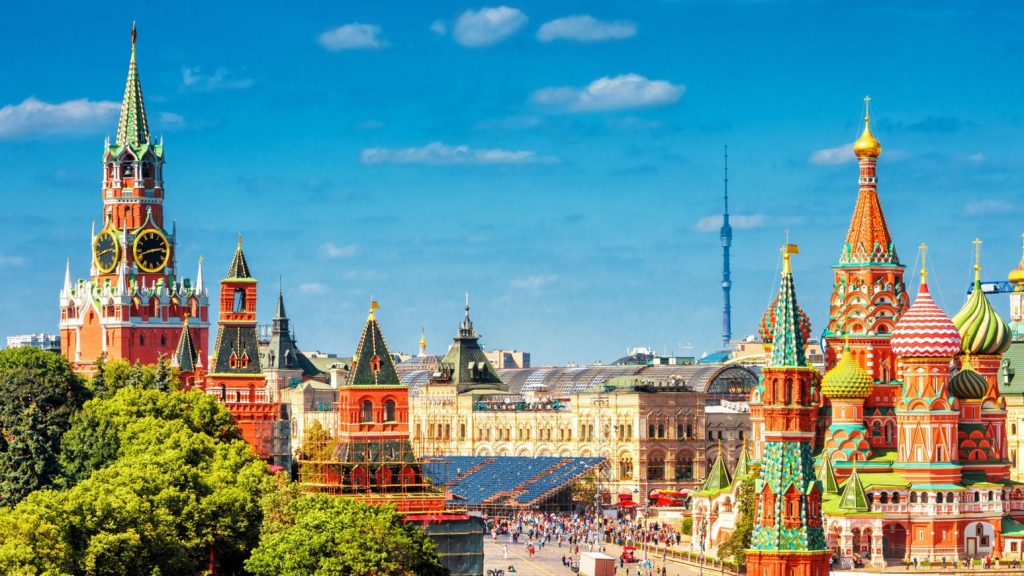
Year 8
Autumn
Glaciers: Exploring where these magnificent ice rivers are found, how they are formed and the formations they leave behind. Also discovering the changes of glacier movements and sizes over time and the impact of this.
Sectors of Industry: Looking at primary, secondary, tertiary, and quaternary sectors of work, where they are primarily located worldwide and how the UK's sector of industry has changed over time.
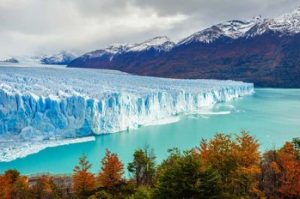
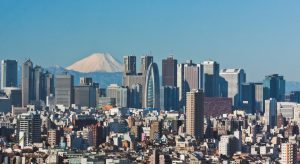
Spring
Population and Urbanisation: These two separate topics are so intertwined that it is only right that they are taught in one module exploring the worlds rising population, how this is impacting urban areas and changes in development to keep up.
Summer
The Middle East: The children will explore The Middle East; a region of the world which is located, for the most part, in Asia.
